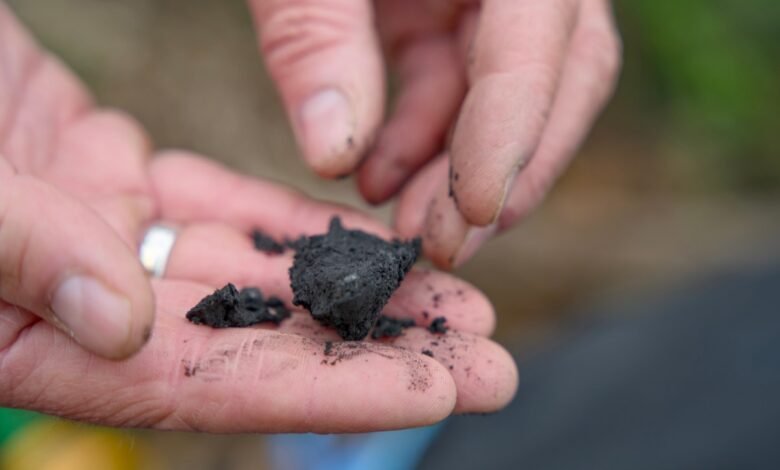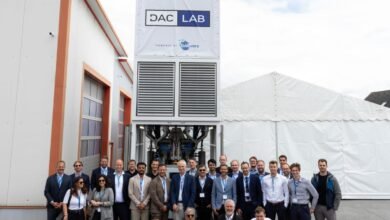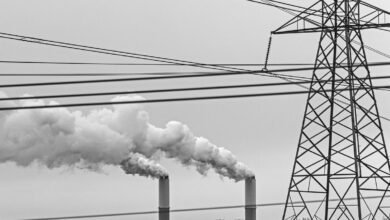Terraton Aims to Be the McDonald’s of Biochar

▼ Summary
– Terraton is applying a franchise model similar to McDonald’s to biochar production, offering a “business-in-a-box” approach for project development.
– The company raised $11.5 million in seed funding led by Lowercarbon Capital and Gigascale Capital, with participation from corporate funds and angel investors.
– Biochar technology converts agricultural waste into carbon-sequestering fertilizer through oxygen-free burning, storing carbon for centuries while improving soil health.
– Terraton addresses supply constraints by helping partners build and clone facilities while developing SaaS tools for plant operations and carbon credit verification.
– The company has established two facilities in Ghana and Kenya that process agricultural waste and are projected to remove 20,000 metric tons of carbon dioxide annually.
Terraton is bringing a franchise-style approach to biochar production, aiming to scale the climate technology much like fast-food chains scale burger restaurants. The company recently secured $11.5 million in seed funding to advance its “business-in-a-box” model for developing biochar projects. This round was led by Lowercarbon Capital and Gigascale Capital, with participation from ANA Holdings’ ANA Future Frontier Fund, East Japan Railway Company’s Takanawa Gateway Global Co-Benefits Fund, and prominent angel investors including Google’s Jeff Dean and OpenAI board member Bret Taylor.
Greg D’Alesandre, co-founder of Terraton, points out that most biochar facilities are one-off projects lacking iterative improvement. Terraton’s strategy involves partnering with early adopters to refine the process, then replicating these facilities for other companies entering the market. The company is also building a SaaS platform to manage plant operations, measure carbon sequestration, verify credits, and facilitate sales to corporate buyers.
Biochar is produced by heating agricultural waste in a low-oxygen environment, resulting in a carbon-rich material that enhances soil health and locks away carbon for centuries. According to co-founder and CEO Kevin Gibbs, the science is solid and the economics work, but scaling supply remains a critical challenge. Major corporations like Microsoft, Google, and Airbus are eager to purchase more carbon removal, but current production can’t meet demand.
A significant hurdle is logistics: biochar facilities must be located close to sources of agricultural waste to keep transport costs low. A single plant can capture approximately 10,000 metric tons of carbon dioxide per year, a meaningful amount, though still modest compared to the emissions of large energy users like AI data centers.
To demonstrate its model, Terraton has already established two facilities in Africa, one in Ghana processing cocoa waste, and another in Kenya using residue from nut processing. Together, these sites are projected to remove 20,000 metric tons of CO₂ annually. Local businesses own and operate the facilities, leveraging their existing relationships with farmers. This approach ensures community involvement and ownership, while Terraton provides the tools and support needed for success.
(Source: TechCrunch)





